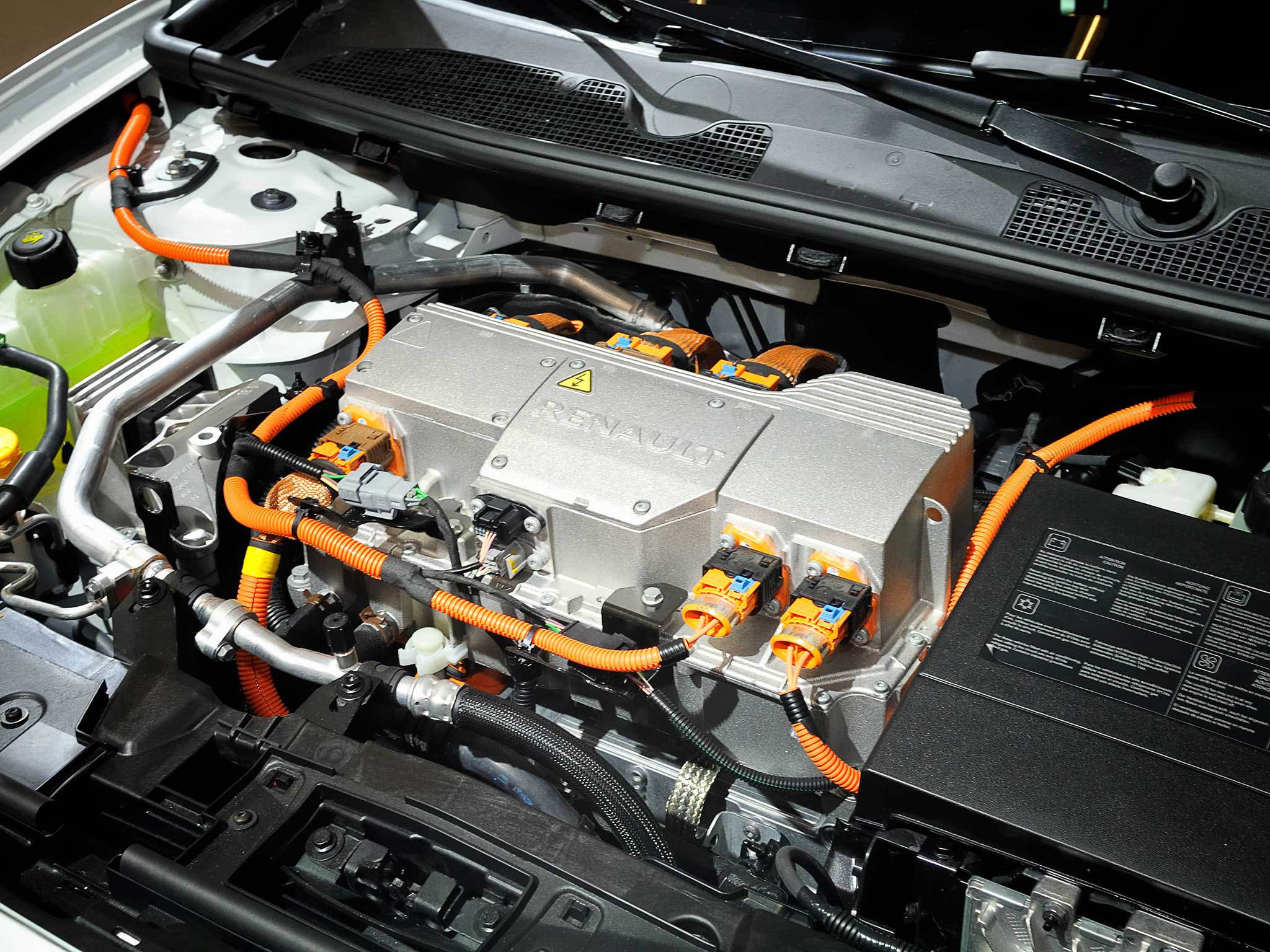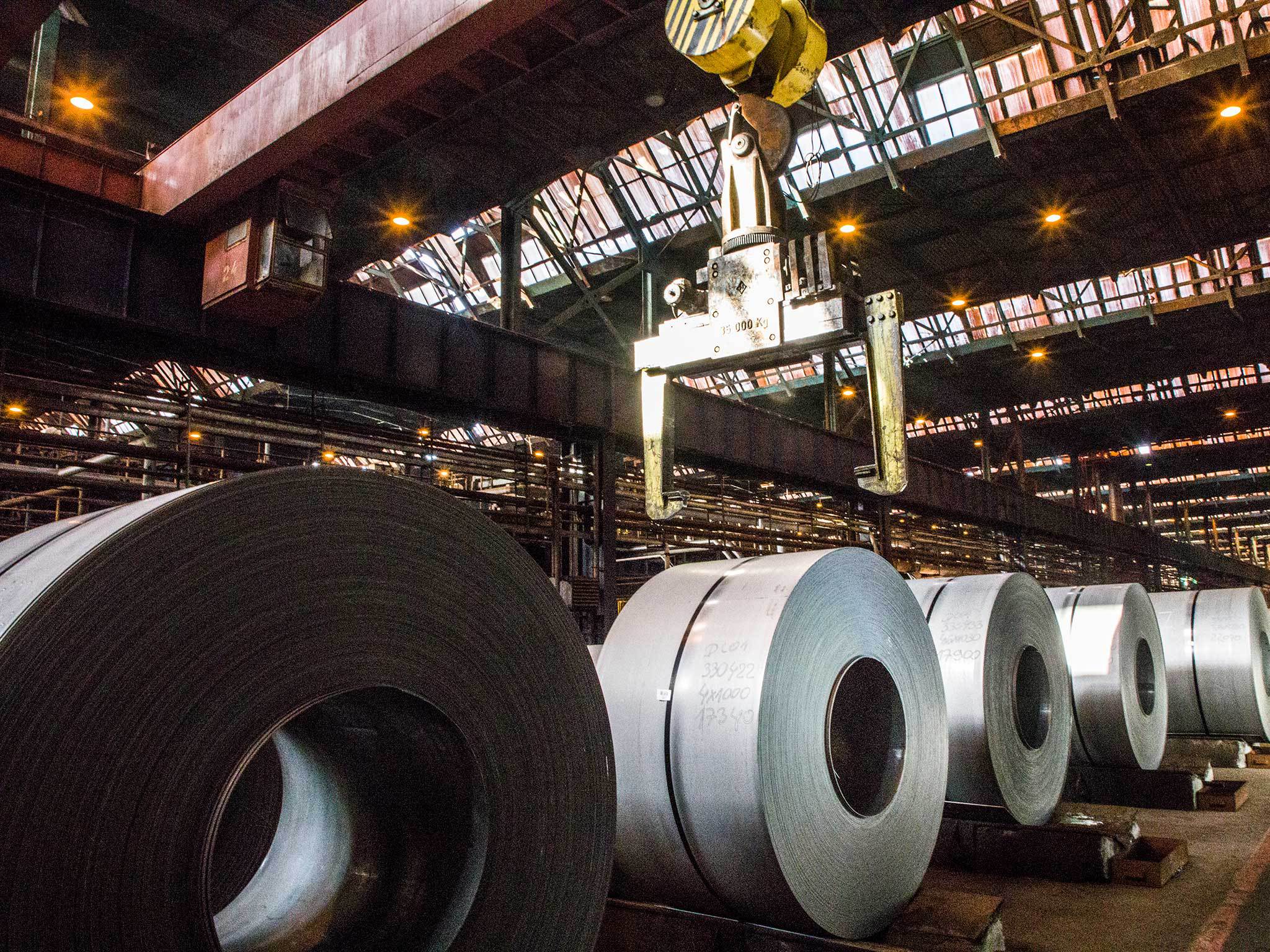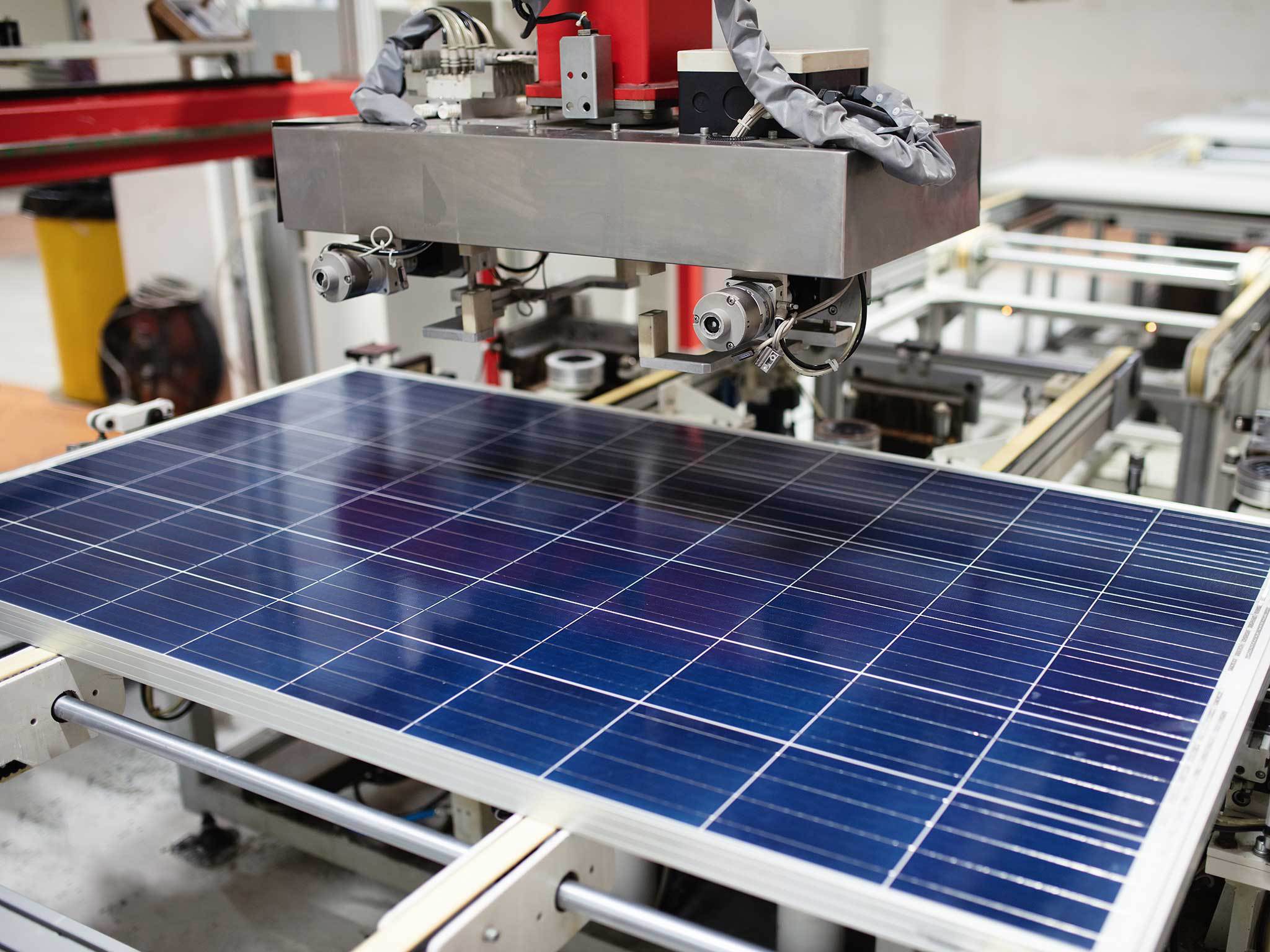Properties of silicon
Silicon has distinctive properties that make it an important component for a number of sustainable energy transition applications, including conductivity, malleability, adhesion, insulation, thermal resistivity and low weight relative to other metals. Silicon metal is used in electronics and solar panels as it offers energy efficiency, corrosion resistance, durability and thermal expansion properties at a lower cost than alternative materials.
Silicon metal is the primary input into the manufacture of polycrystalline silicon, commonly referred to as polysilicon, as well as the production of solar grade silicon. Polysilicon is an essential material in the production of both semiconductors (for integrated circuits) for the electronics industry and photovoltaic cells for the manufacture of solar panels.
Silicon grades and their uses
Lower grades of silicon metal are used in the manufacture of primary aluminum and aluminum alloys which are used as an alternative to steel and other metals in the manufacture of automotive parts in order to construct more fuel-efficient auto, rail and marine vehicles.
Intermediate grades of silicon metal are used in the manufacture of silicones which are synthetic polymers used in a wide variety of applications serving the construction, personal care, automotive and medical supply industries.
The highest grades of silicon metal are the primary input into the manufacture of polysilicon, as well as solar grade silicon. Polysilicon is an essential material in the production of both semiconductors (for integrated circuits) for the electronics industry and photovoltaic cells for the manufacture of solar panels. Silicon metal is the most common semiconductor material used in solar cells today, representing approximately 95% of modules sold.


